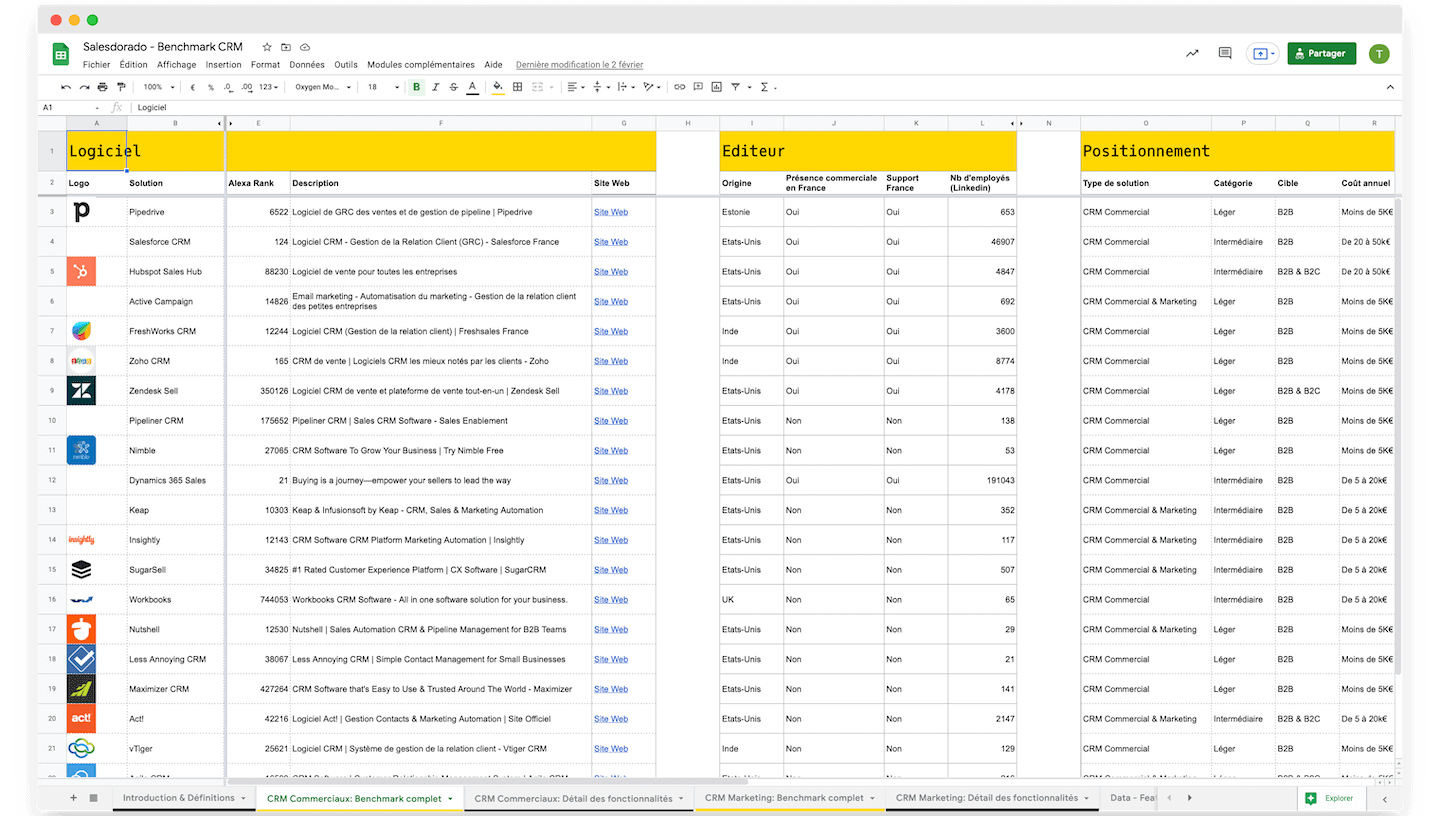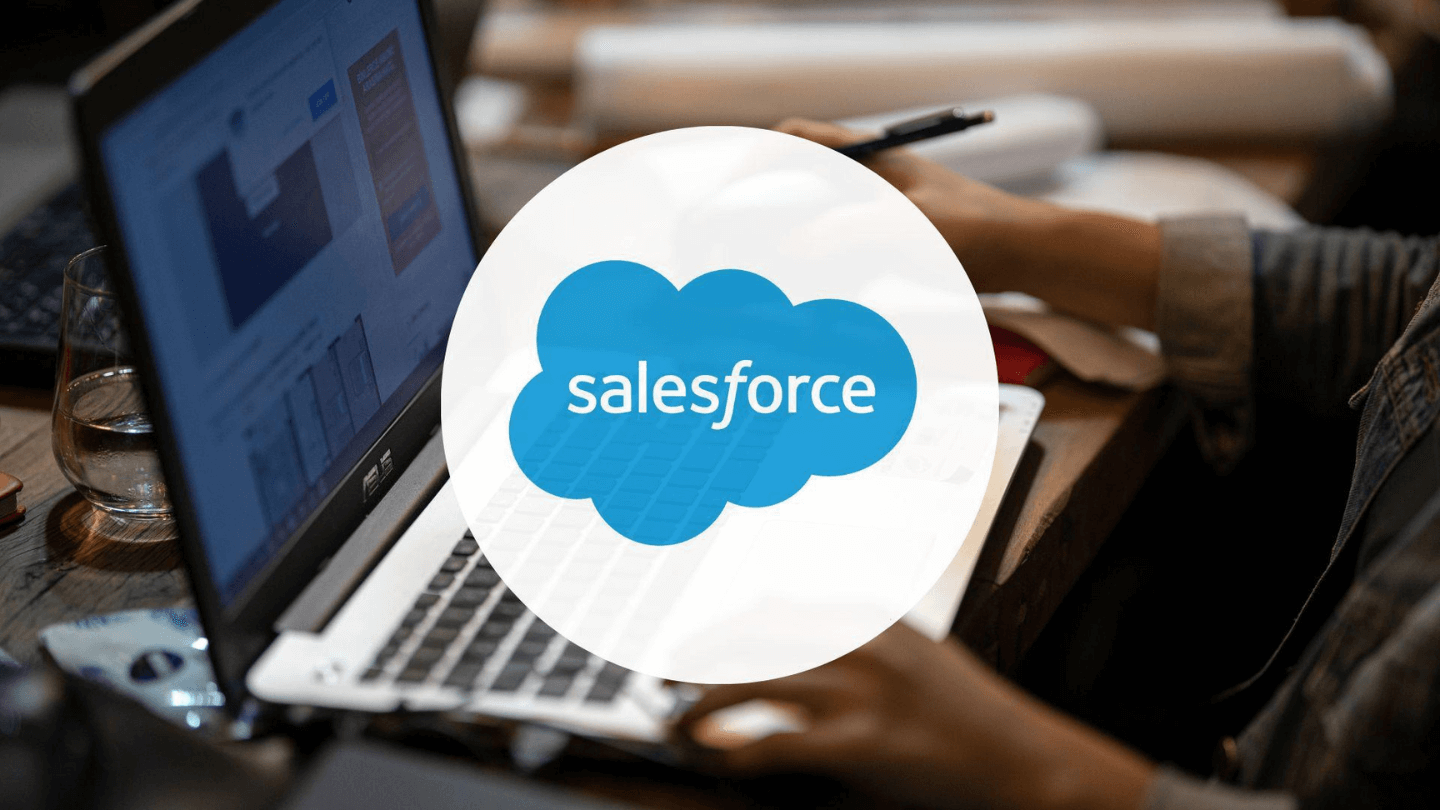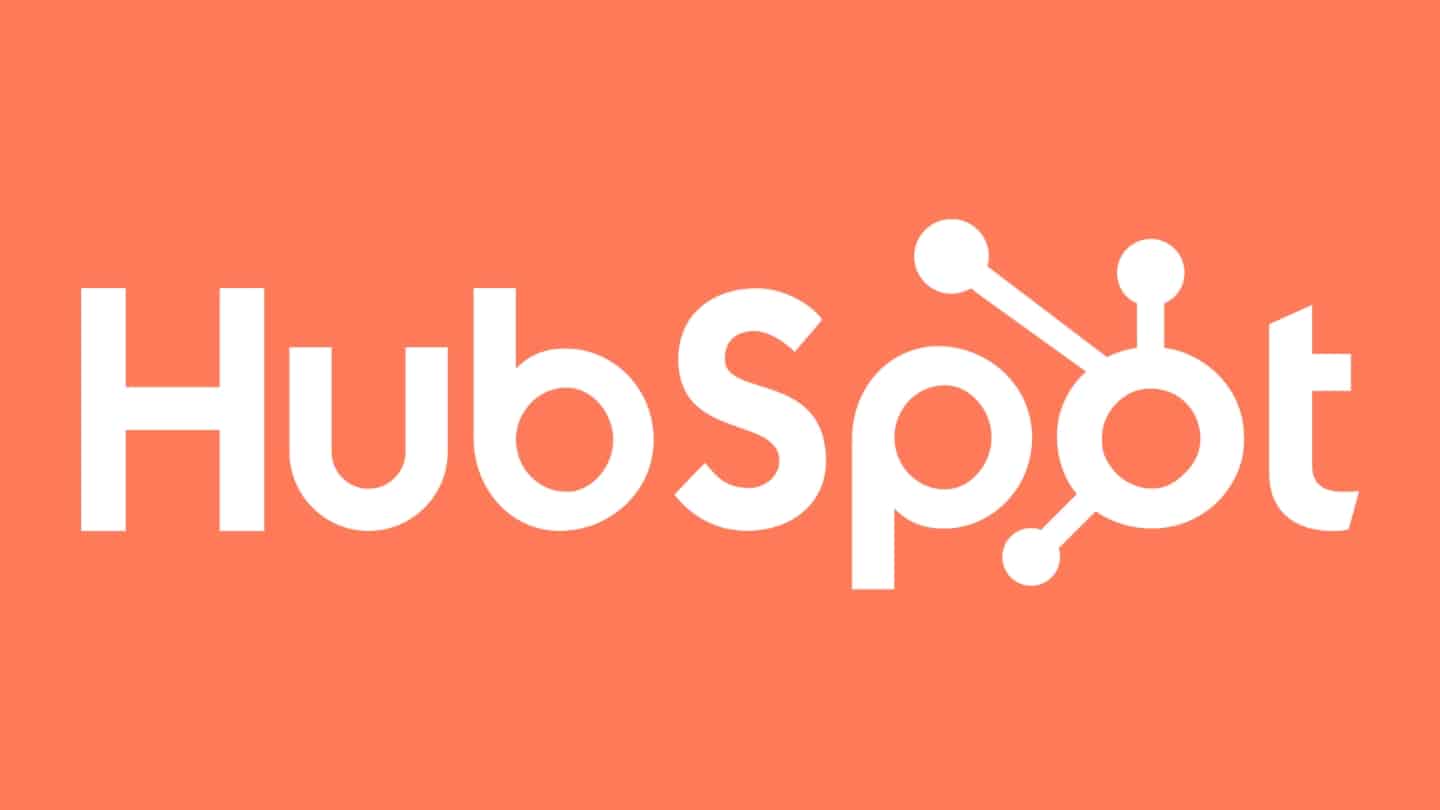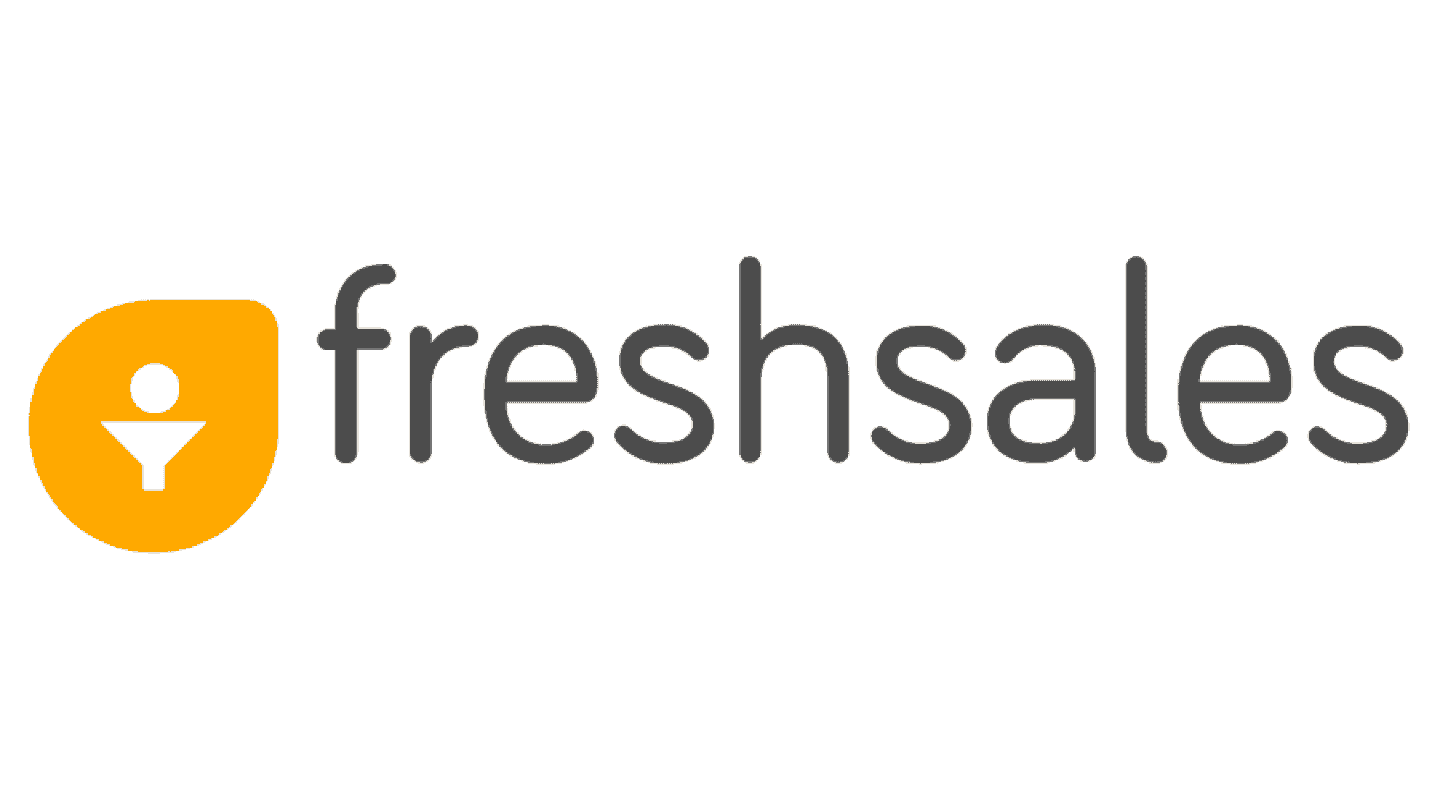The confusion between CRM and ERP is common: they are both management software related to the CPQ (Configure, Price, Quote) process.
So what are the differences between a CRM and an ERP? Do we need both? On what condition(s)?
We explain everything in this article.
Sommaire
What is an ERP?
ERP (Enterprise Resource Planning) software supports you in every operation related to your business. It is first and foremost a resource management software. This includes sales and marketing (hence the confusion), but also and especially human resources management, accounting, production, order management and distribution.
The basic options offered by an ERP are therefore:
- Production and procurement planning
- Production planning and delivery
- Inventory management
- Shipping and payment
- Supply chain management
- Accounting
In a nutshell
By optimising business processes, ERP software canoptimise the quality of your product or service, and therefore the margin you earn from it.
What is a CRM?
Sales, marketing and business development professionals use CRM (Customer Resource Management) software because it allows them to :
- Track their customers and their buying behaviour
- Identify business opportunities and potential customers
- Streamline the sales process and reduce duplication
- Automate marketing processes (emails or online advertising campaigns)
- Manage social networks and their campaigns
- Offer better support to their customers
In a nutshell:
By optimising business processes, a CRM tool allows the company tooptimise the quality of the buying experience and its customer relationships. Thus, choosing the right CRM software for your business allows you to sell more of the same quality product or service.
What are the interfaces between an ERP and a CRM?
Different features
When looking for software to develop sales, the two types of software are often confused, as their specificities are not always explained by the suppliers.
People often know the features of a CRM, without knowing whether an ERP offers the same or whether it will need to be enhanced with applications.
Simply put, most ERP systems have CRM components, or the ability to integrate with a third-party CRM system.
Most ERP systems with CRM components offer basic sales automation and marketing automation functionality. However, these ERP systems may lack certain functions, such as call centre support, community management or social network management.
The following graph helps you to better understand the relationship between CRM and ERP:
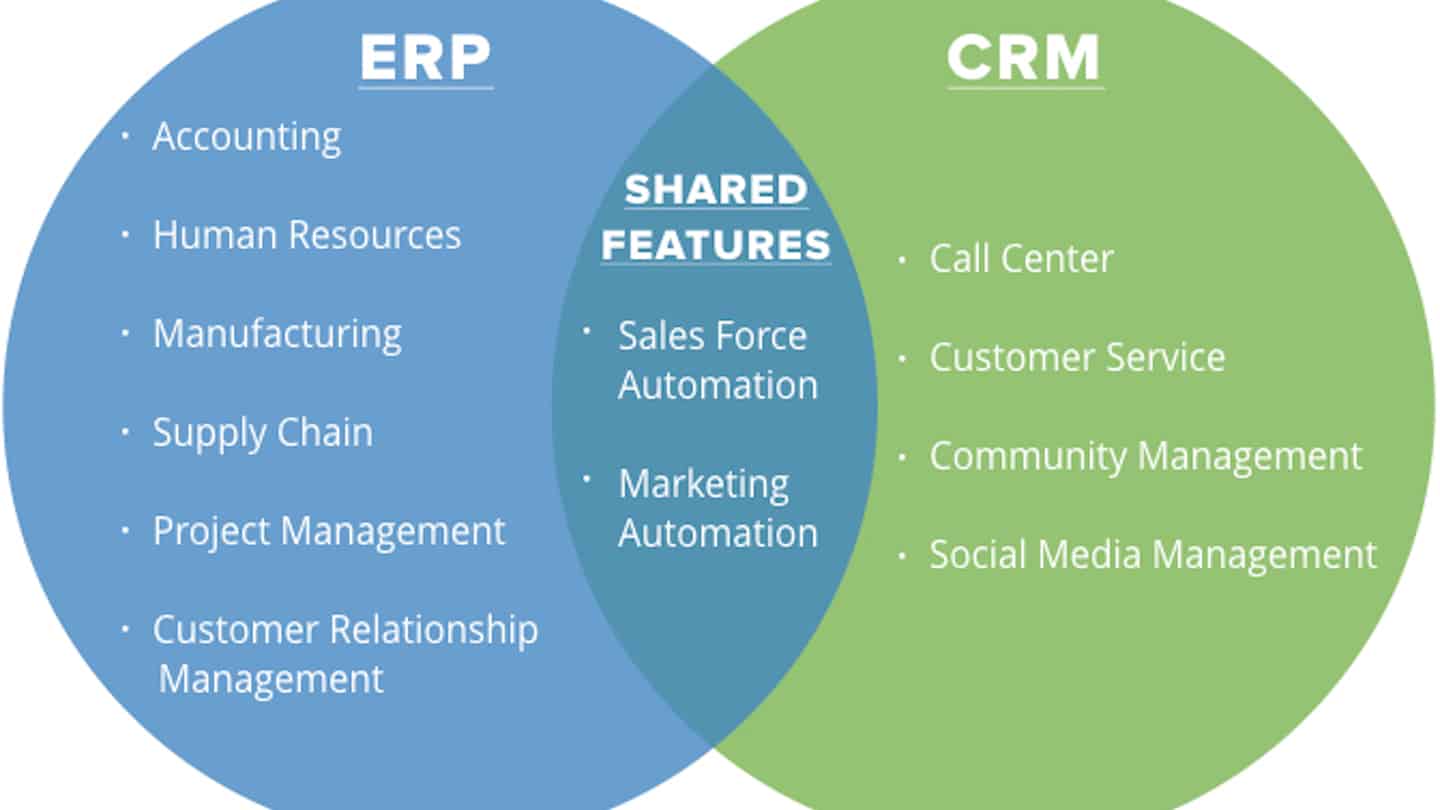
ERP / CRM integration: a critical point
ERP and CRM systems must be able to exchange data: the easiest way to do this is through technical integration.
For example, the finance department may need access to the CRM system to calculate sales commissions to run the payroll or to build up sliding scale rates.
A CRM system added to an ERP platform also allows to observe the pricing structure in a global way, and to measure KPIs (e.g. cost of customer acquisition).
This is one of the reasons why some ERP solutions integrate CRM directly. This is the case, for example, with weclapp, which offers two versions of ERP (Services or Commerce) and native integration with their CRM Cloud tool.
CPQ (Configure, Price, Quote) is the process that requires good integration between CRM and ERP as it requires information from both systems.
Most CRM or ERP vendors provide for this third-party integration in their system. However, it can be expensive and difficult to maintain this integration between ERP and CRM over time.
That is why an ERP system with a CRM on the platform offers many advantages:
- Buying a unified ERP and CRM system is cheaper than buying two separate pieces of software
- The data is updated in real time, without having to wait for the transfer of information or the middleware connection
- ERP systems built from the ground up better support transaction processes. Programming, customisation and integration of third-party tools is therefore much easier.
Pro tipAtSalesdorado, we highly recommend Axonaut, because it is an ERP and CRM software that combines a large set of features with an excellent user experience. It is one of the only ERPs on the market whose CRM has a good adoption rate
So, verdict: do you need a CRM, an ERP, or both?
If you’re looking to improve your sales and marketing processes but are happy with the software you’re already using for your accounting and HR management, you probably just needa new CRM software.
However, if you want to revamp all the software your company uses, or if you are in a growth phase, then you should consider investing in a new ERP system.
At this point, you may find a near-perfect ERP, ticking all the boxes… except for the CRM components.
Don’t worry: today, it is very easy to integrate a CRM system with your ERP.
If you are looking for a stand-alone CRM system, you may have heard of Salesforce.
ERP and CRM software vendors are almost all aware of the importance of this integration, and all offer integrations with the dominant solutions on the market.
However, not all professions have complex business processes. If you are a consultant or work on project management, simpler project management tools such as Monday will suffice.

